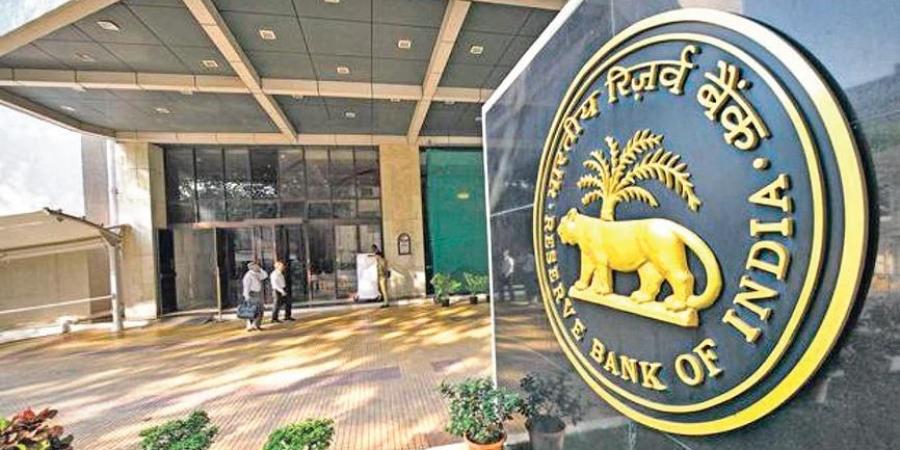To empower the retail payment system in the country, RBI has invited applications for the New Umbrella Entities. Entities operating in the payment system for the last 3 years can apply for the New Umbrella Entity license. The requirement for the paid-up capital is Rs 500 crore.
Who can apply for NUE?
Payment and service technology provider and payment and payment service provider having 3 years of experience can apply and set up the new Pan-India platform.“The entity formed shall be a company incorporated in India under the Companies Act, 2013, and maybe a ‘for-profit’ or a Section 8 Company as may be decided by it. Any entity holding more than 25% of the paid-up of the NUE shall be deemed to be a promoter. The applicant needs to follow corporate governance norms and should take RBI’s approval for the appointments of board members.
Capital requirement to become NUE
The minimum paid-up capital of the entity has been set at Rs 500 crore and a minimum net worth of Rs 300crore has to be maintained at all times,. An applicant has to demonstrate a capital contribution of not less than 10% of the total capital golf the Umbrella Entity, at the time of application.the central bank said.The promoter/promoter group entity should be owned and controlled by resident Indians. No single promoter/promoter group can invest more than 40% of the paid-up capital. Any entity holding more than 25% of the paid-up capital will be deemed as a promoter, the guidelines said.
At the time of application, an applicant has to demonstrate a capital contribution of not less than 10% of the total capital of the umbrella entity, with the balance capital available at the time of commencing operations, it said. After five years from the date of commencing operations as an umbrella entity, the promoter or promoter group can dilute shareholding to a minimum of 25%. The entity shall maintain a minimum net worth of 300 crores at all times.
Scope of activities for the new entity
The new entity will be tasked with operating payment systems such as ATMs, white-label PoS, Aadhaar-based payments, and remittance services. Further, it will manage clearing and settlement systems for participating banks and non-banks, and also monitor developments in the retail payment system and related issues, both in India and abroad, in order to avoid shocks.
“It is expected that the umbrella entity shall offer innovative payment systems to include hitherto excluded cross-sections of the society, and which enhance access, customer convenience, and safety, and the same shall be distinct yet interoperable,”
The New Umbrella Entity should make sure that any retail payment solution created should interact and be interoperable with the existing system operated by the National Payment Corporation of India(NPCI). So the new entity will compete to develop new retail payment technology instead of replacing the payment platform operated by the incumbent.
The new entity, according to the RBI’s guidelines, should be able to operate clearing and settlement systems for banks and non-banks that participate and manage various risks like settlement, credit, liquidity and operational risks.
Why the Central bank had no other option but to create a New Umbrella Entity?
The NPCI, set up in 2008, currently dominates the retail payments space and operates more than 12 such platforms, including the Unified Payments Interface, Bharat Bill Payments and FASTag, among others. The basic objective of RBI is to reduce the dominance of NPCI The alternative umbrella entity can work on new forms of payments and develop new standards and technologies. It can also set-up, manage and operate new retail payment systems related to automated-teller-machines, white-label point-of-sale devices, Aadhaar-based payments and remittances services.
In a 2019 policy paper, the RBI had said it was concerned with a few entities in the payments space has become too big, which had led to higher concentration risk. In the paper, the RBI noted that the NPCI had become pivotal to the operations of many retail payment systems. There is ‘concentration’ of many complicated systems and tasks under its ambit, which creates conditions for monopolistic behavior in terms of quality of service, or access to and charges on services.



